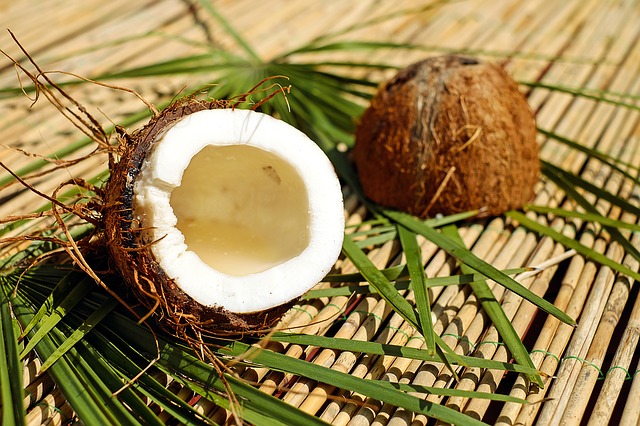Low-carbohydrate diet

There are now thousands of success stories on the internet about the low- carbohydrate diet and I myself lost more than 10 KG in two months by leaving the (bad) carbohydrates. Reason enough to set up a file page within this blog about the low-carbohydrate diet or rather… a low-carbohydrate diet
The low-carbohydrate diet is based on the historical diet of man. Obesity and diabetes are real lifestyle diseases that have arisen as a result of our Western lifestyle, where poor nutrition and stress are the order of the day. In addition, we consume more than ever, allowing manufacturers to optimize their production process with chemical and unnatural processes. Consider, for example, grains that are germinated, because it is easier to process. As a result, the grain releases its energy much faster, causing an insulin peak in our body and we start eating even more and gaining weight.
What is a low-carbohydrate diet?
A low-carbohydrate diet means that you mainly eat proteins and fats. Bread, rice, pasta and potatoes are no longer allowed. The diet is based on the fact that your body gets energy from fats and proteins instead of from fast carbohydrates. This puts your body in ketosis, causing you to burn more fat and eventually lose fat.
A low-carbohydrate diet is so efficient because, due to the protein you eat, you don’t break down muscle when you consume fewer calories. In addition, you can deduct about 20% – 30% from each protein calorie, because your body uses more energy to convert the proteins into usable energy for the body. If you eat 100 kCal of protein, it will effectively only provide 70 – 80 kCal of energy. Finally, proteins and fats ensure that you feel full for longer, so that you have less appetite during the day. It allows you to ignore all that goodness.
A low-carbohydrate diet therefore means that you leave almost all carbohydrates. Eating no carbohydrates at all is impossible. A low-carbohydrate diet is referred to when less than 10% of the energy requirement is obtained from carbohydrates. That 10% does not consist of refined sugars, but of carbohydrates that are extracted from the vegetables you eat. You also have a slow-carb diet, where you are allowed certain legumes, because these carbohydrates are released slowly, they do not cause insulin spikes.





